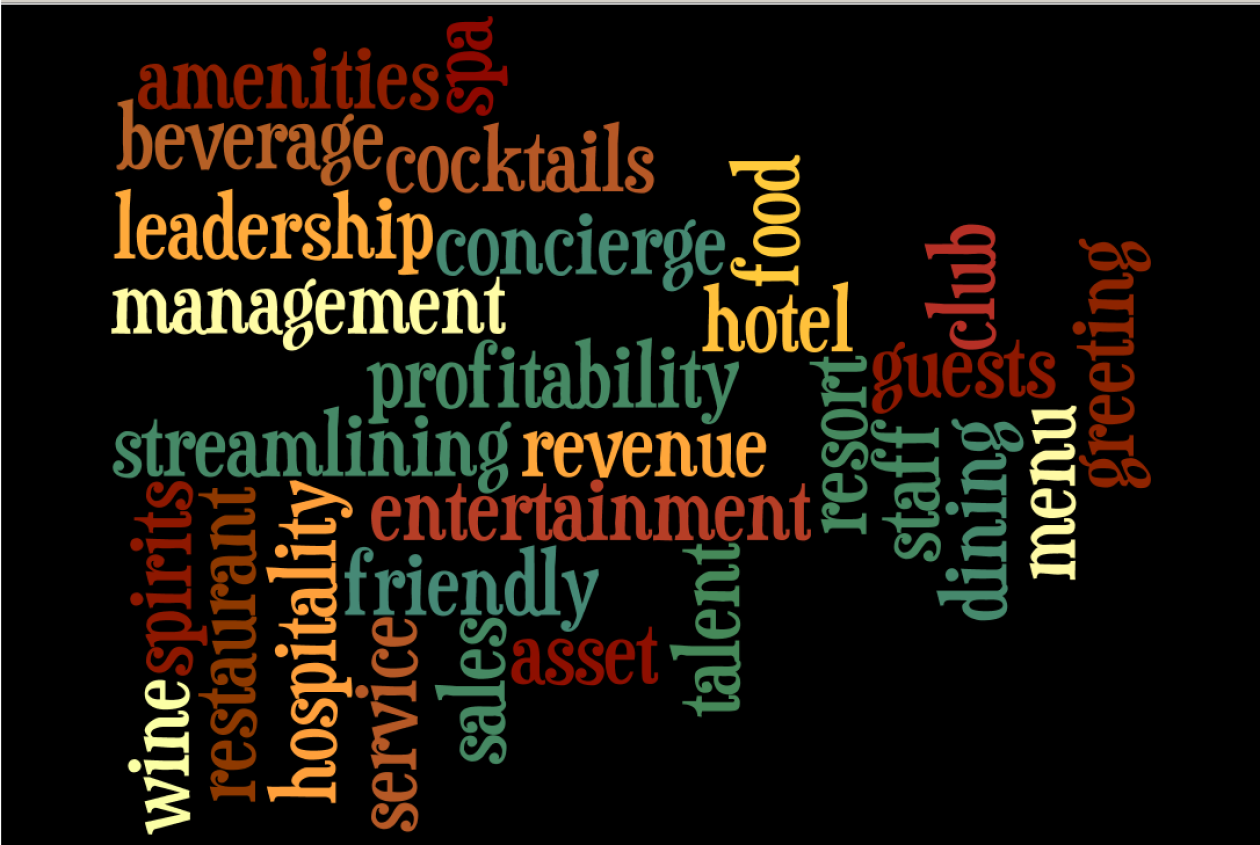Catch Me If You Can?
I am not an airline man and nor will I ever be! I hate flying! But the airline business on the other hand is a glorious business, or so it was a long time ago. But, really what happened to the days when the airline industry was all about service? Exceeding expectations?
I’ll tell you what happened. The other day I was flying on a commuter flight (reputable company which will remain unnamed), and I was told that most seats were booked-up but for an additional charge of $9.95 I could get more leg room by sitting in a different part of the plane, or for an additional $19.95 I could sit on the exit row by the wings, and oh and peanuts are $2.00.
So what really happened? You have all these once-upon-a-time companies with great employees and millions of dollars of creative marketing and public relations, yet everyone is missing the forest for the trees? Nobody has the guts, decency or fortitude to stand for what is right? So now that company A is charging $295, then airlines B and C will have to do the same thing so they can be competitive as well. AND, in order to fictitiously make this prices seem cheaper everything else is A la Carte…really? It started with the bag fees, then the blanket/pillow fees on longer flights, the F&B service, and now the auctioning of “prime” seats.
What a shame that a billion dollar industry forgot the basics, doing things right the first time! If you cannot do it right the first time, when will you have the chance to do it over again? That’s correct – never!
So who really is at fault? Who is responsible? WE the customers are. We now find it acceptable to wait on the tarmac 6 hours at a time, paying for every little item just so that we can feel good that the overall ticket price was only $99.00 for a cross country flight!
Where will this mentality of “penny pinching” lead this industry? To what end? Rest assured that this “penny wise pound foolish” standard operating procedure (SOP) will only lead to more and more re-organizations, bankruptcies, thousands of great employees losing their jobs. And, why?? Because their employers do not have the foresight to do what is right and their customers have become accustomed to accepting and, dare I say even demanding mediocrity!
Someone once told me: “Take care of the boss and you’ll never be wrong”. If the customers are indeed the “boss”, why not take care of them, provide the right service, the right experience, provide value for money and do it all with a smile! Show me the airline that does that and I’ll show you the friendly skies indeed!
Here again, friends: There are two things you can do! Either you do it or you don’t!”
At Your Service,
Aurelian
